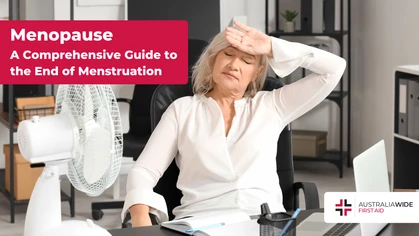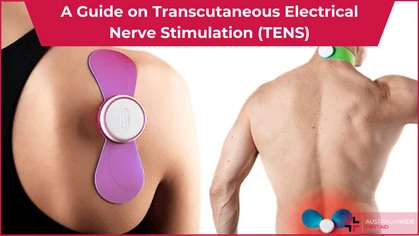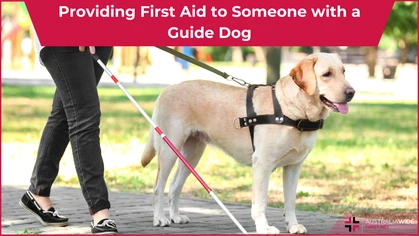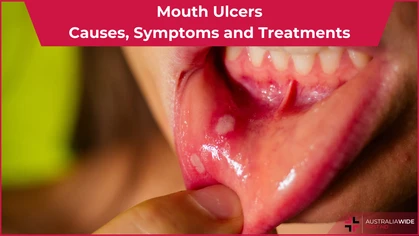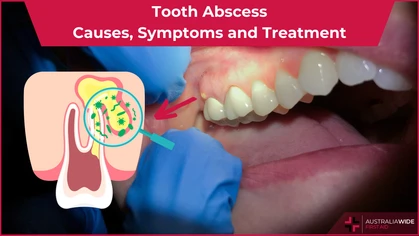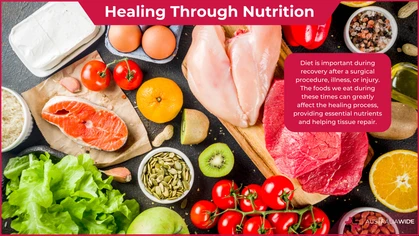Are Vitamin and Mineral Supplements Necessary for Good Health?

General Health-Related
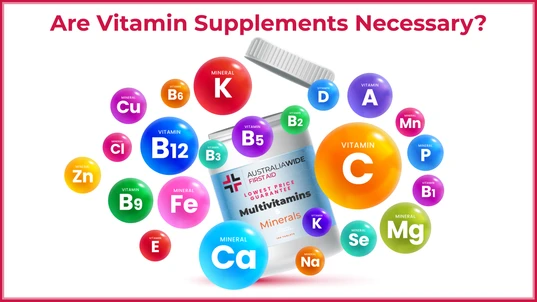
Vitamins and minerals are essential parts of our food, as they assist with bodily functions like fighting infection. Sometimes, people cannot get all the vitamins and minerals they need. In these cases, vitamin and mineral supplements may be necessary.
Vitamins and minerals are essential parts of our food. If you eat a variety of foods and have a balanced diet, you’ll likely get all the necessary vitamins and minerals. If you eat plenty of fruits, vegetables, whole grains, lean meats and reduced-fat dairy products, your body will usually have the level of vitamins and minerals it needs. Vitamins and minerals are essential for bodily functions such as fighting infection, wound healing, bone strength and hormone regulation. The body has thousands of chemical reactions in its cells throughout the day, and these cells are constantly processing proteins, fats and carbohydrates from food. Vitamins and minerals are key parts of these chemical reactions, but you only need small amounts of them. The best way to get the vitamins and minerals you need is by having a well-rounded and balanced diet. However, many people need to supplement certain vitamins for a variety of reasons.Types of Vitamins and Minerals
There are 13 vitamins in total, and eight of these come from the B-group of vitamins. There are also four minerals that are essential to our health. Each of these vitamins and minerals plays a different role in the overall functioning of our body. The 13 vitamins are:- Vitamin A
- Vitamin B1 (thiamin)
- Vitamin B2 (riboflavin)
- Vitamin B3 (niacin)
- Vitamin B5 (pantothenic acid)
- Vitamin B6 (pyridoxine)
- Vitamin B9 (folic acid)
- Vitamin B12
- Vitamin C
- Vitamin D
- Vitamin E
- Vitamin K
- Calcium
- Iodine
- Iron
- Zinc
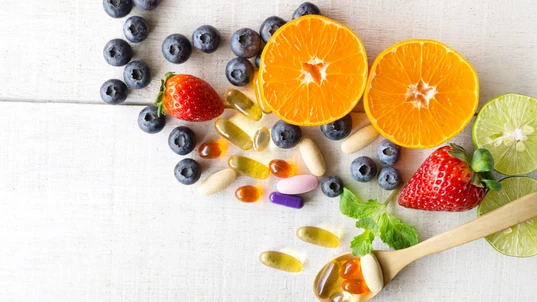
Some diets, such as vegan and vegetarian diets, exclude foods that contain essential vitamins and minerals. People following these diets may need to consider vitamin and mineral supplements, as deficiencies can lead to ongoing health complications.
Specific Diets and Necessary Supplements
A situation where you might need to take vitamin or mineral supplements is because you aren’t able to get enough through your diet. This could be because you’re vegan, vegetarian, or following another diet that restricts certain food groups. When the body becomes deficient in specific vitamins and minerals, it can have symptoms and issues, such as:- Iron deficiency - fatigue, weakened immune system, impaired brain function
- Vitamin D deficiency - muscle weakness, bone loss
- Vitamin B12 deficiency - blood disorders, impaired brain function
- Calcium deficiency - increased risk of osteoporosis
- Vitamin A deficiency - eye damage, suppressed immune function
Medical Conditions With Common Deficiencies
A situation where you might be lacking in essential vitamins or minerals is if you have a medical condition. People with particular medical conditions, such as Crohn’s disease or coeliac disease, often lack certain nutrients.Crohn’s Disease
Crohn’s disease causes inflammation in the gastrointestinal tract, which then often leads to malabsorption of essential nutrients. A deficiency of vitamins and minerals may occur due to malabsorption, limited diet, and symptoms such as diarrhoea. A person with Crohn’s disease may develop a deficiency in vitamins and minerals including:- Iron
- Calcium
- Vitamin D
- Zinc
- Magnesium
- B vitamins
- Vitamin A
- Vitamin K
Coeliac Disease
Coeliac disease results in a person being unable to consume gluten products, and even the slightest traces of gluten can damage the bowel. This prevents the proper absorption of food nutrients. People with coeliac disease are usually on a long-term gluten-free diet, which means a large food group is missing and can lead to micronutrient deficiencies. The common micronutrient deficiencies in people with coeliac disease include:- Iron
- Folic acid
- Vitamin B6
- Vitamin B12
- Vitamin D
- Copper
- Zinc
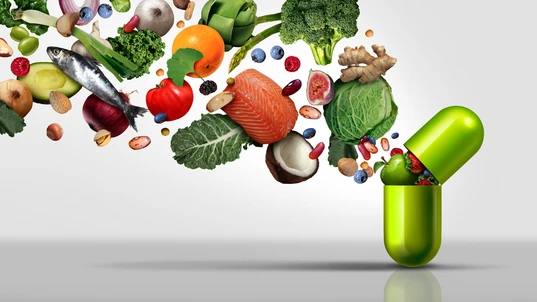
During pregnancy, the body experiences many changes and is under immense pressure. Pregnant women are sometimes prescribed vitamin and mineral supplements by their doctor, as their unborn babies need extra nutrients to develop properly.
Vitamin Supplements During Pregnancy
When pregnant, doctors often advise the person to take folic acid supplements and iron or vitamin D supplements. The body undergoes many changes, and vitamin supplements are used during pregnancy to combat any issues. The body needs more of certain nutrients, including folic acid, iodine, and iron. These vitamins and minerals are essential because:- Folic acid - helps prevent neural tube defects in the baby
- Iodine - needed for brain and nervous system development in the baby
- Iron - helps prevent anaemia in the mother, and low birth weight in the baby
Can I Take Too Many Supplements?
As with anything, supplements can be dangerous if you take too much. If consumed in large amounts, they can cause toxicity in the system. For example, too much vitamin C can cause diarrhoea and kidney stones. Too much vitamin A is also harmful, particularly for pregnant women. It’s extremely rare to overdose on vitamins, but there have been instances of death related to vitamin toxicity. Usually, the side effects are other health problems and side effects rather than death. But this doesn’t mean they can’t cause serious harm. When consumed naturally through food, vitamins and minerals are unlikely to cause harm, even when eaten in large amounts. However, supplements are concentrated doses, and it becomes easy to take too much. Using supplements responsibly is essential, and consult a health professional if you have any questions.Stay On Top of Your Health
A healthy and balanced diet is the best way to get your vitamins and minerals. However, it’s possible to miss out on specific vitamins. This will vary quite significantly between countries, climates and individual lifestyles. If you’re unsure whether you should be taking vitamin or mineral supplements, go to your doctor for a proper diagnosis. Getting all the vitamins and minerals you need from a balanced diet is usually easy, but it’s not always the case. You can also take our first aid course if you are living with someone who might be suffering from a vitamin or mineral deficiency. A first aid course can help you manage symptoms from deficits, such as fainting, falls, and other minor injuries.
Originally published at
https://www.australiawidefirstaid.com.au/resources/are-vitamin-supplements-necessary
as part of the Australia Wide First Aid Articles Library

